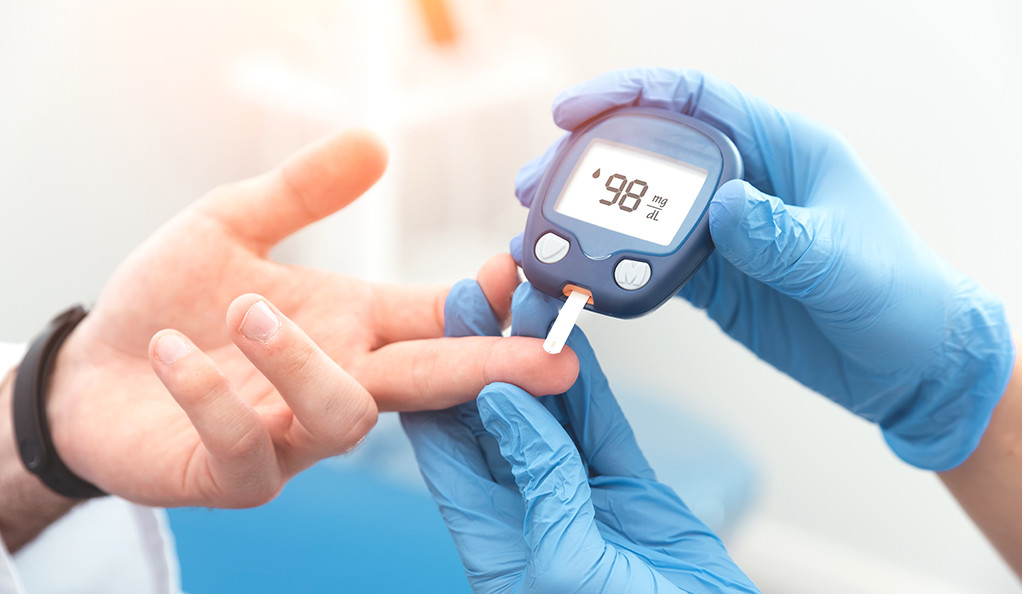
Types, Symptoms, Diagnosis And Risk Factors Of Diabetes
Diabetes is a disease that causes your blood sugar levels to rise above the normal range. The foods you eat that contain glucose are digested and the glucose is released into the blood. Insulin is a hormone that helps glucose to get to the cells of the body.
Types Of Diabetes
- Diabetes type 1: in this type of diabetes, insulin is not made by the body.
- Diabetes type 2: in this type of diabetes, insulin is not made properly or if it is made, it is not used in the way it normally should be used by the body.
This way the glucose stays in the blood and does not go into the cells to provide energy. If the glucose remains in the blood for long, it may cause serious problems. The problems caused by diabetes include damage to the eyes, kidneys, and nerves. Diabetes also puts you at a higher risk of having heart disease, stroke, and even a need for the removal of a limb may arise.
Symptoms Of Diabetes
Symptoms of diabetes mellitus include:
- Dehydration: an urge to drink water every hour.
- Frequent urination
- Weight loss
- Fatigue
- Nausea and vomiting
- Frequent infections
- Blurred vision
Diagnosis Of Diabetes
Diabetes mellitus can only be diagnosed through blood tests. If you feel any of the above symptoms or are at risk of diabetes genetically, you should go for a blood test to rule out any disease related to diabetes.
Risk Factors Of Diabetes
For type 1 diabetes, the major risk factor is the family history. The following factors can put you n the risk of having type 2 diabetes:
- If you are overweight or obese
- If you have high blood pressure
- If you have raised levels of triglycerides and low levels of HDL
- If you have a sedentary lifestyle
- If any of your parents or grandparents have diabetes
- If you are elderly or above 65
- If you have polycystic ovary syndrome
- If you have had gestational diabetes: this occurs during pregnancy
- If you have an ethnic background
- If you have resistance to insulin
How Can Diabetes Be Controlled At Home If Diagnosed Early?
You can control your blood sugar levels by checking your blood sugar at home. Blood sugar testing kits are available in the market and can be purchased if you are a diabetic patient. You can have your blood sugar levels tested after two hours of taking a meal.
Acute Complications
There are complications that come with the disease diabetes. If you have severely elevated levels of blood sugar due to lack of insulin or deficiency of insulin, you may require careful monitoring. If your blood sugar levels are abnormally low due to too much insulin, you may require hospitalization till your condition is normal.
Diabetes can affect the kidneys directly and may result in kidney failure. It also affects the heart and acute complications may develop with the passage of time.
There is, unfortunately, no cure for diabetes till now. It can be controlled through diet and some medications which ought to be taken regularly for the lifetime.









.jpg)